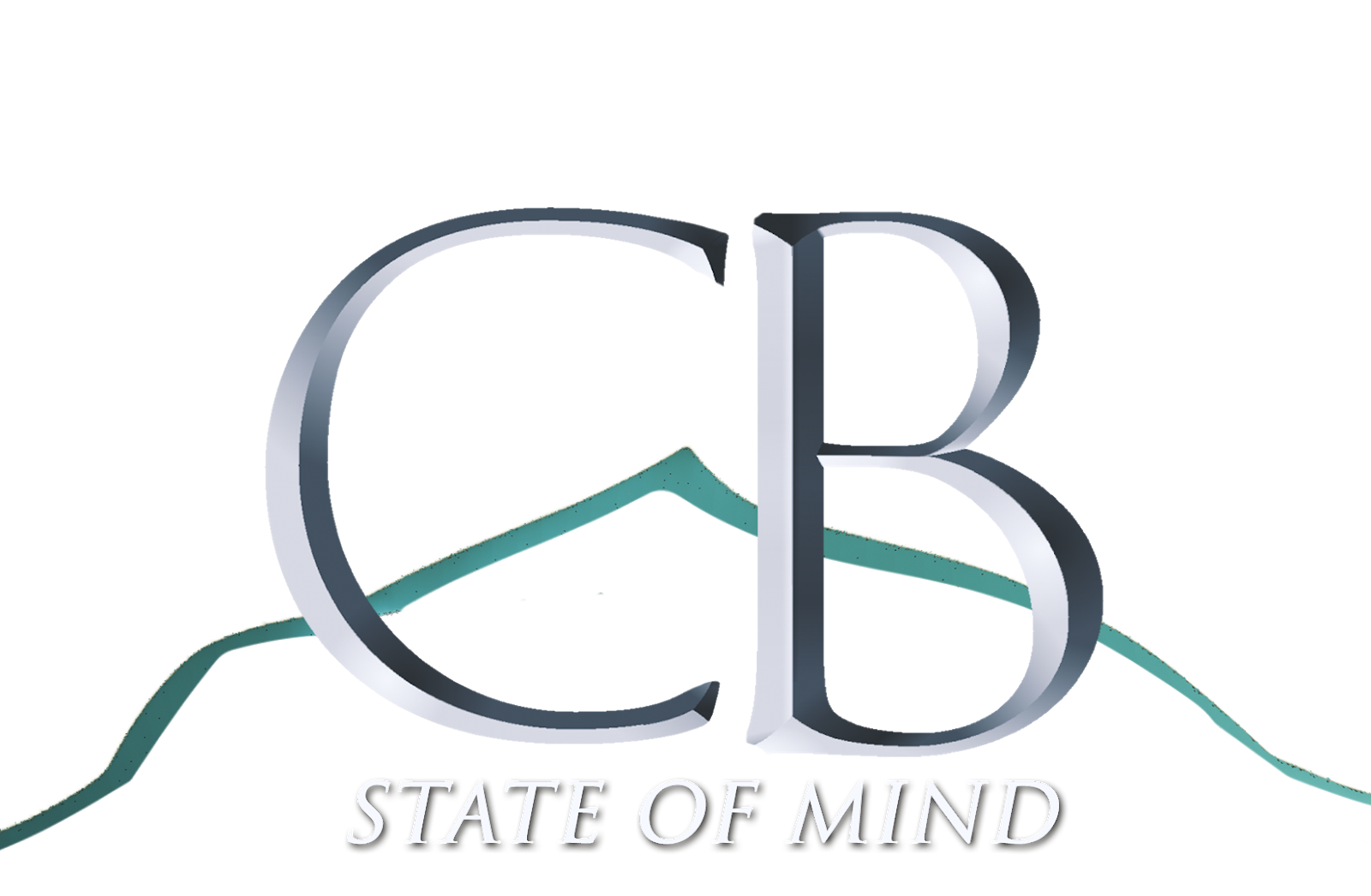What is Mental Health?
WHAT IS MENTAL HEALTH?
- The World Health Organization defines mental health as “A state of well-being in which the individual realizes his or her own abilities, can cope with the normal stresses of life, can work productively, and fruitfully, and is able to make a contribution to his or her community.”
- A continuum that we all walk along every day
- Dynamic
- A person in good mental health will feel in control of their emotions, have good cognitive functioning, and have positive interactions with those around them
WHAT IS A MENTAL HEALTH PROBLEM?
A broader term that includes both mental disorders and symptoms of disorders that may not be severe enough to warrant an actual diagnosis from a mental health professional
WHAT IS A MENTAL ILLNESS?
- A diagnosable illness that affects a person’s thinking, emotional state and behavior; and disrupts the person’s ability to work or carry out other daily activities and engage in satisfying personal relationships
- Many types of mental illness – some common like depression and anxiety and some uncommon like schizo-phrenia and bipolar disorder
HOW COMMON ARE MENTAL HEALTH PROBLEMS?
- Very Common- Almost everyone!
- If you’ve ever struggled with anxiety, loneliness, hopelessness, aggression, etc.
COMMON MYTHS ABOUT MENTAL ILLNESS & MENTAL HEALTH PROBLEMS
- ”Mental illness and mental disorders are a sign of weakness or personality flaws. If someone wants to be happy, they can be happy. If you ignore the problem and use willpower, the problem will simply go away.” – These beliefs are inaccurate and hurtful. Mental disorders cannot be willed away and ignoring the problem typically makes it worse.
- ”People with mental disorders are violent.” – Individuals living with mental disorders are no more likely than a member of the general population to commit a crime. Research shows that as a group, people with mental disorders are far more likely to be victims of violence than perpetrators.
- ”Healthy people are not affected by traumatic events. If they are, it’s because they really do have mental health problems.” Trauma can affect anyone, regardless of how strong or psychologically healthy.
WHAT CAUSES MENTAL ILLNESSES?
- Usually it is an interaction of diverse biological, psychological and social factors
- Genetic predisposition to certain mental illnesses
- Early childhood/development trauma or major traumatic life event
- Some physical health issues can cause mental illness
- Socio-economic factors like poverty, lack of stable housing or social stress
- Physiological or maternal mental health events during pregnancy
- Sexual abuse
- Substance abuse in the home during early development
- Many of these things are outside a person’s locus of control!
RECOVERY!
- We are moving to a new paradigm that focuses on recovery and wellness
- Recovery is possible and happens everyday! Longitudinal studies that show that even people with the most severe mental illnesses went on to live meaningful, fulfilling lives with the right supports
- Recovery is a deeply personal process of (re)gaining physical, spiritual, mental and emotional balance
- The most important facet of recovery is HOPE. It is the catalyst of the recovery process and without hope, situations involving psychological distress can deteriorate rapidly. When one is in the midst of emotional distress, it can be difficult to hold onto hope that things can change. The role you play is fostering hope may be the most valuable contribution you make.
- It’s non-linear. It doesn’t follow a straight line. There will be set-backs. It’s not unique to mental health. This also applies to recovering from surgery, even getting over a cold. Realize that backward slides or side steps aren’t failures, but part of the recovery process.
- Strengths-based: Focusing on strengths rather than deficits is an integral part of recovery. People with mental illness often feel shame about their illness and feel downgraded by those who concentrate only on their challenges.
- Self-directed: Recovery must be directed by the individual and occurs when people assume personal responsibility for their own self-care and wellness.
- Individual: There is no one-size-fits-all when it comes to mental health recovery!! Each person’s needs and vision of recovery are unique. See the person’s unique point of view in order to understand the person’s needs.
FACTS vs MYTHS regarding MENTAL HEALTH
Please read more here to learn more about the FACTS vs MYTHS regarding MENTAL HEALTH
